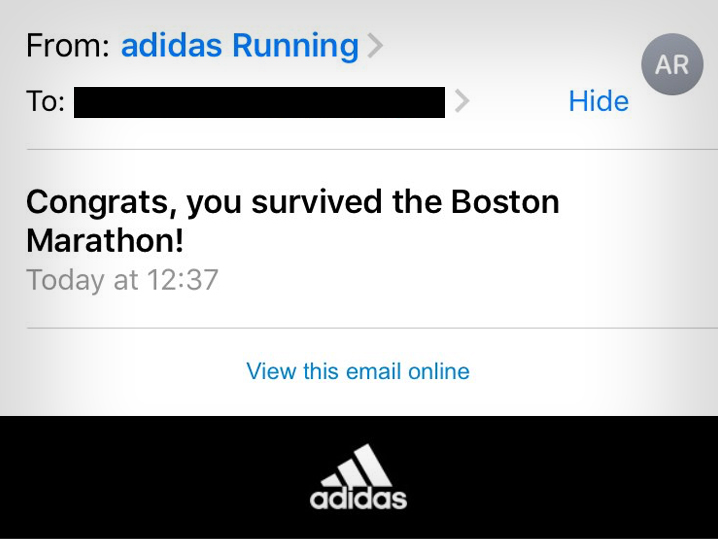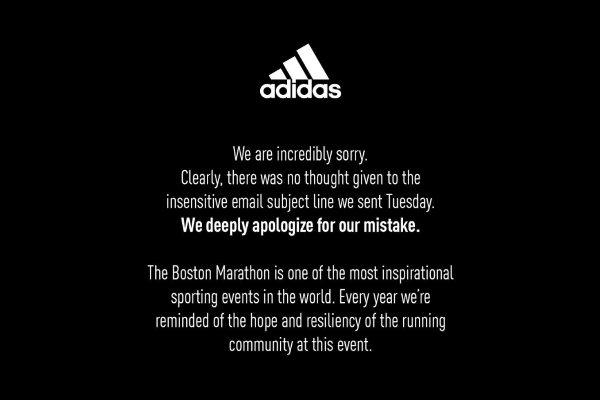
Hardly a week goes by that we do not see a brand succumb to foot-in-mouth disease. Size of company does not offer immunity from embarrassing one’s self. Two iconic brands have faced a PR crisis recently. First, Pepsico had to deal with fallout from a video that was widely criticized as being tone deaf and self-serving. Pepsi tried to co-opt the Black Lives Matter cause, attempting to inject its brand into the conversation. Its choice of Kendall Jenner to have a starring role in the “Live for Now” video added fuel to the perception that Pepsi was out of touch.
What saved Pepsi from even more scorn? United Airlines. A video showing a United passenger being roughed up while being dragged off a United plane drew the ire of the flying public. United’s weak response to the incident exacerbated ill will toward the United brand. Thankfully, brands should be able to learn from missteps like those made by Pepsico and United Airlines and avoid similar embarrassing situations. They should, but alas they do not.
Make It Three
The latest inductee into to the Marketing Hall of Shame is Adidas. The brand put itself in a bad spot with a marketing misstep in its Boston Marathon sponsorship activation. Adidas is a long-time partner of the Boston Athletic Association, with its sponsorship going back to 1992. Adidas reached out to runners of Monday’s Boston Marathon with an email the next morning. It was a good idea with a very bad subject line.
The pain of the bombing at the 2013 Boston Marathon is still felt by many runners and Bostonians. A message from anyone that says “you survived” brings back the sting to many touched by the tragedy.
It does not take a marketing or PR expert to know the headline is troubling. I asked my 17-year-old son if he remembered what happened at the Boston Marathon a few years ago. He said “yes.” I showed him the Adidas email subject line. His eyes immediately widened as if saying “how could they?”
Brands as Apologists
Social media has become a sort of police force for bad brand behavior. Brands are called out for words or actions deemed to be in poor taste. It is a level of accountability that brands have not had to live up to in the past. Brands shift into apology mode quickly in an attempt to soothe bad blood and often, to justify what they said or did. Adidas apologized the day after sending the “you survived” email, posting the following message on social media.
The apology offered by Adidas is refreshing in that it did not point a finger or attempt to justify the offensive wording. At the same time, it is troubling that Adidas would admit “there was no thought given to the insensitive email subject line…” I assume the brand is managed by Adidas employees. Thinking about the meaning of brand messages should be among their job duties.
What is Going On Here?
Adidas stated the obvious by saying no thought was given to wording of the subject line. The question is why it happens. Blunders like those committed by Pepsico, United Airlines, and Adidas paint a picture of brands existing in a parallel universe. Their words and actions are incompatible with norms of the people they want to serve. Among the reasons for this disconnect are:
- They think they know their customers, but they don’t. Missteps occur because customers do not think or behave in ways a brand expects. United Airlines will throw a few more compensatory dollars at bumped passengers until they do what United wants—take another flight. It did not happen in the case of the roughed up passenger, and now United is paying much, much more in lost brand equity, customers, and market value.
- They put brand welfare ahead of customer welfare. Brand marketers are hopelessly corrupted, but it is not their fault. They live and breathe the brand. It is easy to get sucked into that world. I understand why Pepsi marketers thought the Live for Now video was a good idea. They saw Pepsi as endorsing “power to the people” through grassroots movements like Black Lives Matter. The company was taken aback by the criticism. The problem was Pepsi focused more on creating favorable associations with its brand than showing concern for its audience when it comes to social issues.
The Silver Lining
It is easy to criticize brands for their marketing fails. But, we must remember that brands are managed by humans. Humans make mistakes. Even the most tightly run operation will fail customers or the public in some way. It is how they respond that will influence brand perceptions going forward.
Another positive as I see it is one I share with my students whenever we discuss the latest marketing blunder. The practice of marketing will never be perfected. Thus, there will always be opportunities for someone to succeed by doing their part to practice marketing more effectively.


